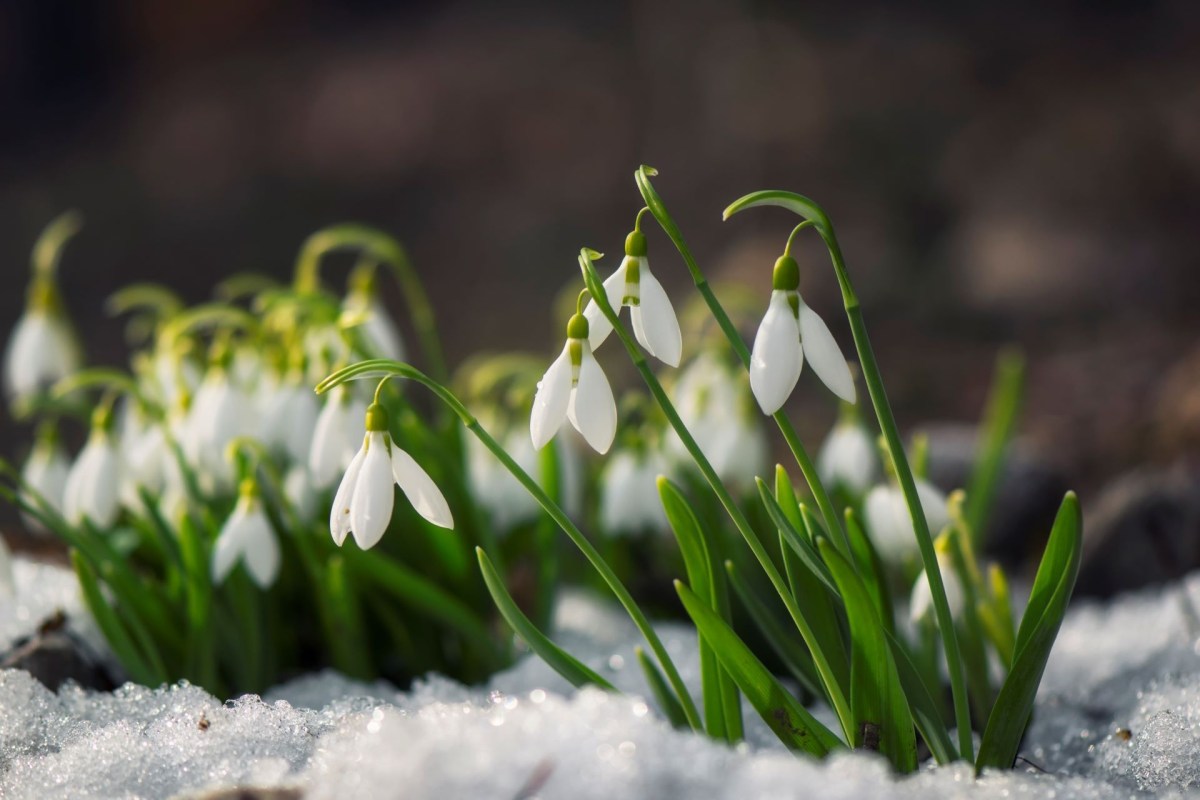According to the National Phenology Network, which collects data on seasonal biological events, the 2023 spring season is arriving much earlier than the average over the last 30 years.
For many people, the sight of budding leaves and flowers evokes pleasant and warm emotions associated with the change of seasons. However, beneath all the beautiful colors and warm, breezy air, the early arrival of spring carries potentially devastating consequences.
Normally, butterflies and bees will begin to emerge based on their internal clocks, which usually coincide with the blooming of flowers. But when flowers bloom early, pollinators are too late, resulting in less nectar for them and a decrease in plant pollination.
Migratory birds are also affected by the early arrival of spring. Bird species that rely on daylight hours as an indicator to begin their northern migration will do so unaware that spring has arrived early. When they finally reach their destination, they find their normal diet of insects is no longer available. This is especially true with one of their favorite foods — the caterpillar.
This mismatch between seasons and living organisms caused by our warming planet will also impact agriculture. Many crops that sprout early due to the warm temperatures will be at risk of being decimated by cold snaps or frost. Some fruits that depend on longer periods of cold weather, such as apples and pears, will not reach their optimum production rate.
Farmers must also worry about pollination disruption, an increase in destructive insects, and more pathogens as a result of a longer spring season.
In a 2022 interview with the Guardian, Ulf Büntgen, a professor of environmental science at Cambridge University stated, "If the trends continue like this, that could have more profound effects, severe effects, on the functioning and productivity of ecosystems, because things that depend on each other in terms of timing — insects, plants, other animals — get disrupted."
Büntgen added that it's clear the culprit behind an earlier spring is the human-induced overheating of our planet.
Other researchers agree. Deborah Landau, director of ecological management for the Nature Conservancy, said in an interview with Bloomberg, "I think people are increasingly understanding you really can point a finger at fossil fuels. We're getting there, but it might not be quite fast enough."
Join our free newsletter for cool news and cool tips that make it easy to help yourself while helping the planet.









